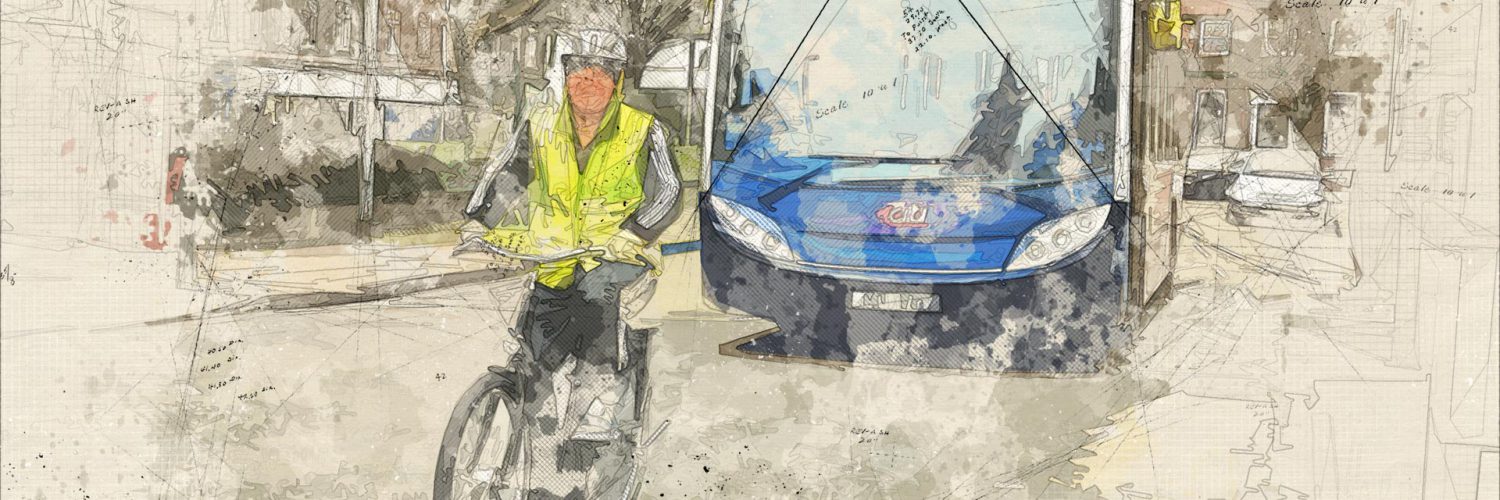We’ve been hearing a lot recently about an ‘Advanced Very Rapid Transit’ system for the Greater Cambridge area using ‘bullet buses’ travelling at up to 120mph. The City Deal press release used the words ‘cutting-edge’ and ‘revolutionary’. As an engineer, that all too often means overambitious, over budget and behind schedule. That’s not what I’m looking for my journey to work – I want ‘reliable’ and ‘proven’. And I want something which can be delivered soon.
We’ve had reliable tools to manage traffic flows in towns and cities for over 30 years: detectors measuring traffic volume and speed, feeding the information back to a central computer that tweaks the timing of traffic lights minute by minute in response to actual flows it sees, to get the maximum throughput and smoothest flow across the whole town.
Over the years the detectors have got better. They can see people waiting at crossings, spot gaps in the traffic to let them across and know when the crossing is clear again. They can spot a bus approaching, figure out if it’s running late and if it is, hold the lights at green for a few seconds longer to help get it back on schedule.
Amazingly, that’s not the system we have in Cambridge. We have some isolated islands of connected signals, but the majority simply act like clockwork automata blindly spewing vehicles onwards to the next junction.
I’m told the City Deal and the County Council are looking at upgrading the computer system controlling those islands. But we still won’t have a fully-integrated system across the city. We can do so much better.
We don’t need pioneering, innovative blue-sky research projects. We need experienced traffic engineers to sit down with a stack of catalogues, suppliers and a meaningful budget to design and build a cost-effective traffic management system based on the best practices already in use in this country and elsewhere in the world.
This is the kind of investment that the City Deal should be focusing on to solve congestion now, not in 10 or 20 years time.
This article was first published in the Cambridge Independent on 21 June 2017.



Very good point. Can’t imagine the infrastructure necessary to protect pedestrians from a 120mph bus, and the stopping distances (avoiding passenger discomfort) would be huge. Surely simpler joined up technology is the answer. I have just spent a week in Edinburgh and Lothian Buses have a quite good App that enables you to plan your journey based on live data and track your bus journey and any bus changes. Get the buses and the traffic lights to inter-act and life would be so much better.